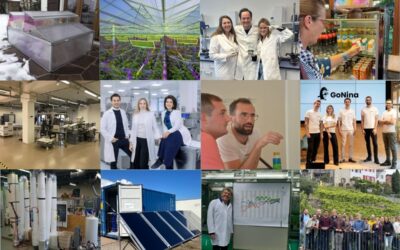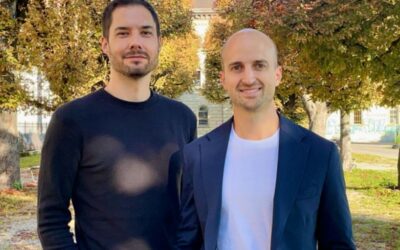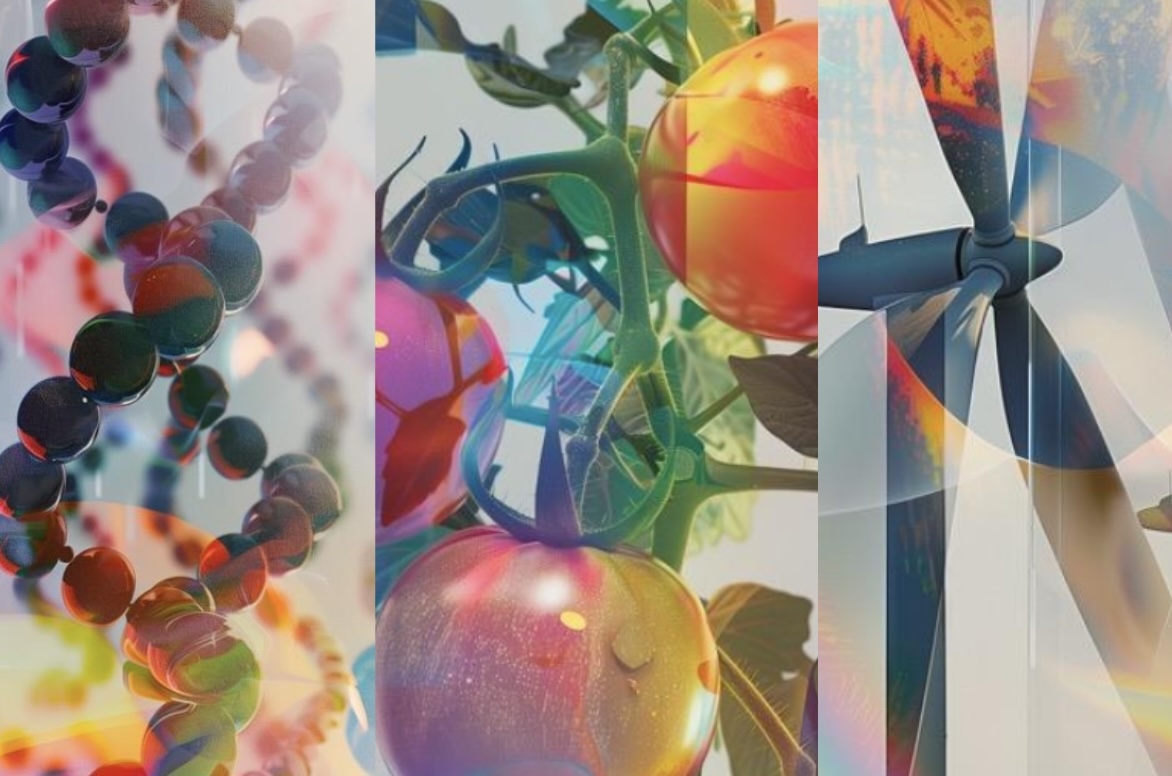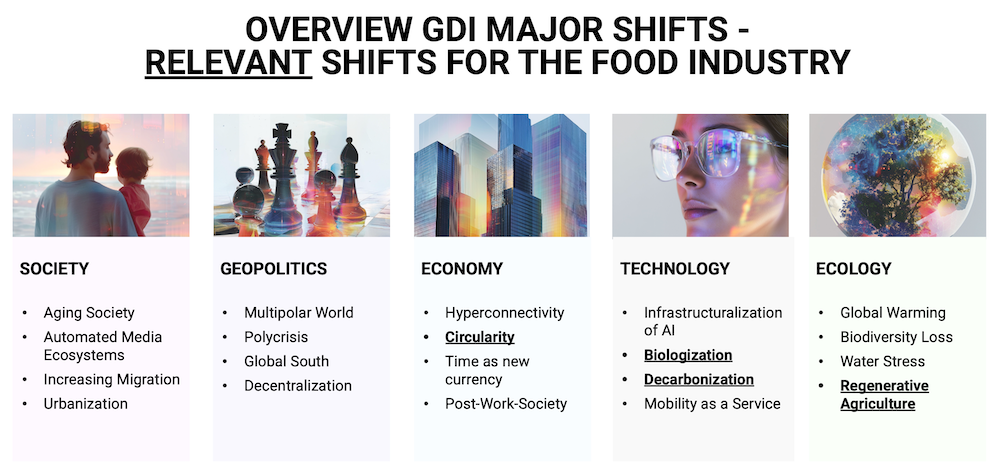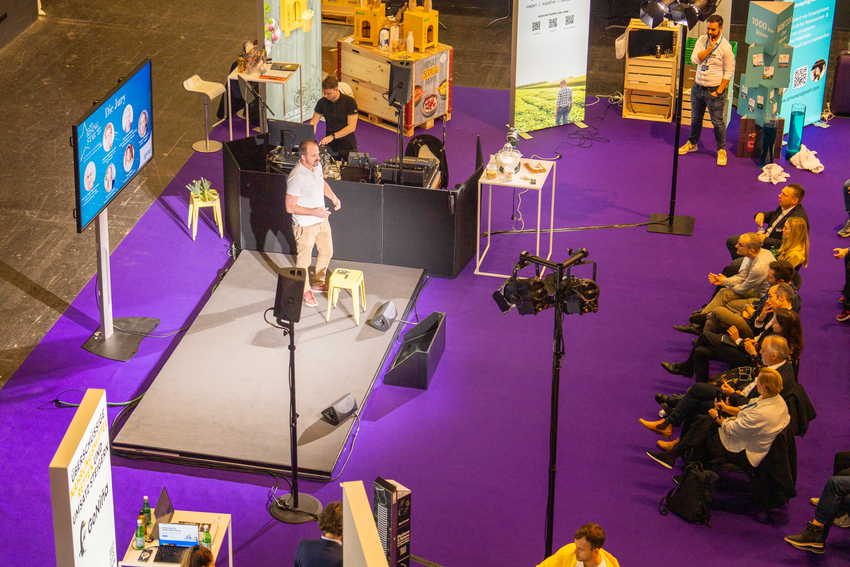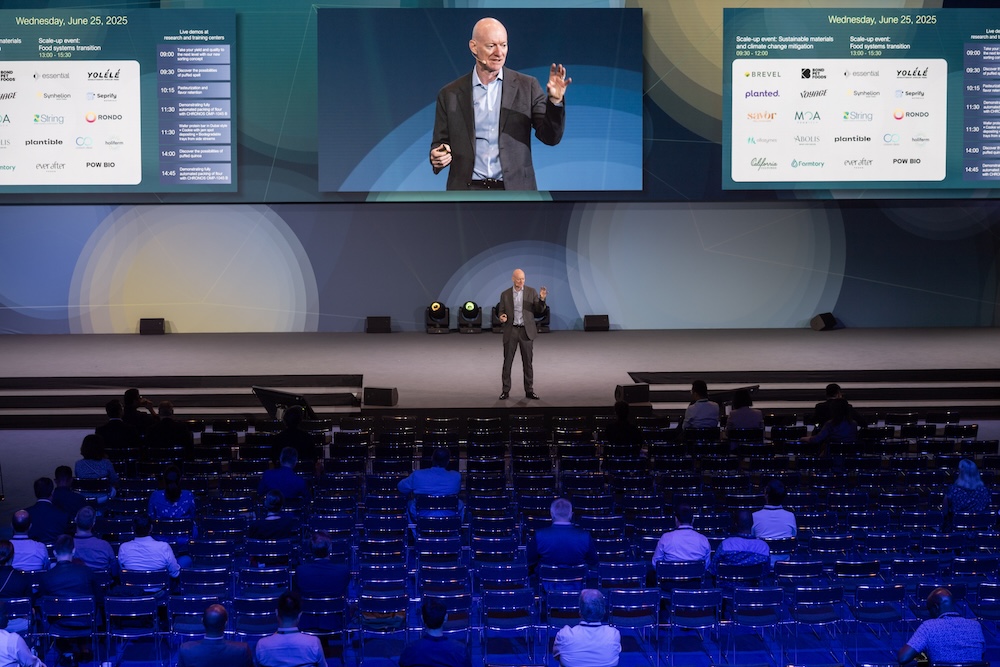We often hear that the future of food...
Yumame Foods and Le Patron partner for a delicious, plant-based future of food
Yumame Foods and Le Patron partner for a delicious, plant-based future of food
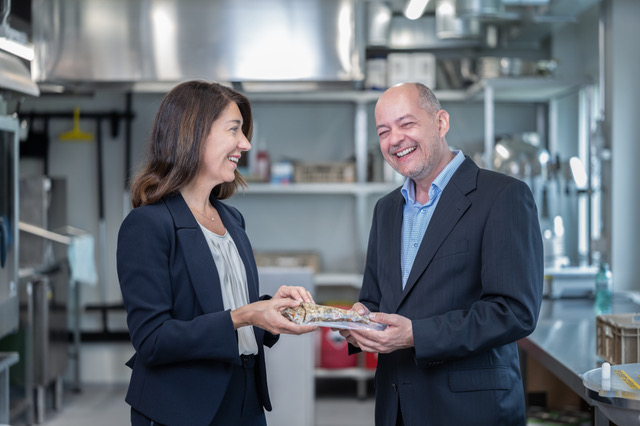
Valley partner Yumame Foods and the long-established food company Patron are announcing their strategic collaboration. Their shared goal is to create plant-based foods that taste outstanding while contributing to healthier diets and greater sustainability.
This partnership brings together the best of both worlds: Yumame Foods contributes pioneering spirit, innovation, and a new generation of food – nutrient-rich, minimally processed, and made using cutting-edge fermentation technology applied to legumes, grains, and fungi. Le Patron brings decades of experience in the development and production of premium specialities and broad market knowledge. Together, the two companies aim to actively shape the transition toward a future-ready food system.
“With Le Patron, we’ve found a partner who shares our values and supports our vision with genuine enthusiasm. Together, we can scale up production – without compromising on quality, culinary excellence, or sustainability. This partnership is a milestone for us – and a strong commitment to better nutrition for the future,” says Dr. Eliana Zamprogna Rosenfeld, Founder and CEO of Yumame Foods.
Le Patron also looks forward to the journey ahead: “Yumame Foods’ visionary approach perfectly aligns with our mission of ‘Excellence in Taste and Health.’ The team has impressively demonstrated how fermentation can elevate culinary diversity and nutritional quality to a new level. We’re very excited about the collaboration – and about setting new standards in the food industry together,” says Michel Burla, CEO of Le Patron.
About Yumame Foods
Yumame Foods is a startup focused on developing plant-based foods using fungal fermentation. Yumame’s products are known for their authentic taste, high nutritional value, and minimal processing – and are already being used by food-service companies in Switzerland. The company’s proprietary production method combines biotechnological and culinary expertise designed to conserve resources. Yumame Foods is supported by Innosuisse, Venture Kick, and the Gebert Rüf Foundation, and is a member of various innovation networks, including Swiss Food Research, Swiss Food & Nutrition Valley, and Foodward.
About Le Patron
Le Patron is a company within the ORIOR Group, specialising in high-quality, handcrafted pâtés and terrines, ready meals, and tailor-made gourmet specialities. Le Patron’s diverse product range is available in both retail and food service channels and includes a wide variety of chilled delicacies. The combination of traditional craftsmanship, culinary creativity, and innovation makes Le Patron a leading provider of pâtés, terrines, and premium specialities.
Never miss a Swiss food innovation morsel.
Latest News
From pivot to purpose: how Switzerland turns careers into food system change
Five years of SFNV: Meet the faces behind the Valley
Innovation in food systems requires...
Five years of innovation: Six Swiss startups share their journeys
This year, Swiss Food & Nutrition...
FOOD FOUNDERS Studio raises CHF 1.2M, launches foodtech venture to address plant-based taste challenges
Two years after its founders set out...


